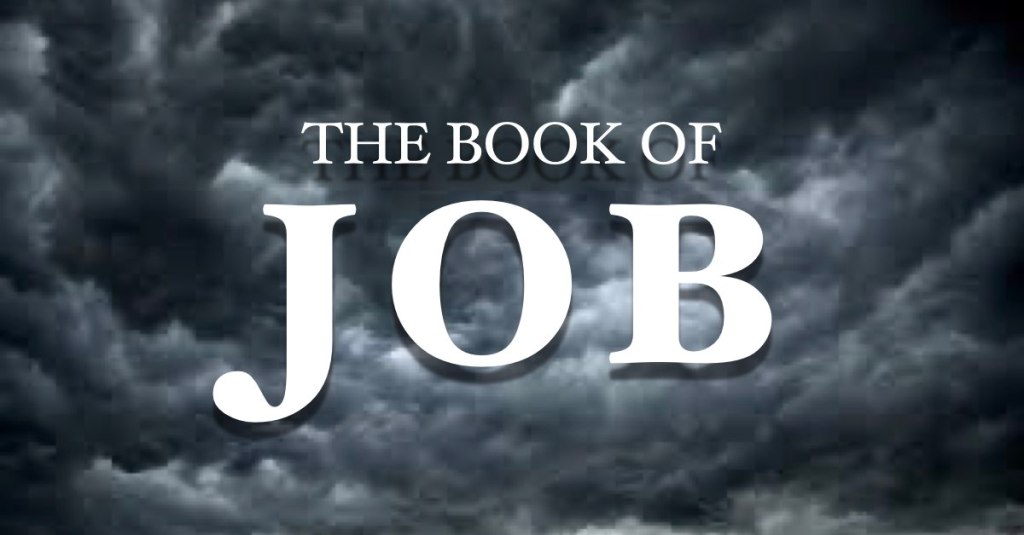The first five verses of Job offer us insight into the purpose behind the book. Job is presented as an exceedingly righteous man, one who was “blameless and upright, one who feared God and turned away from evil” (Job 1:1, ESV). Almost to match his moral excellence, he is wealthy and prosperous, blessed materially and with a large family (1:2-3). Job was such a good man that he would even go to great lengths to offer sacrifice on behalf of his children in case his children had sinned against God (1:5).
The question Satan asked God is an underlying theme of the story, “Does Job fear God for no reason?” (1:9), but it is not the theme. It begs a valid question we all must ask ourselves. Are we serving God only to get what He offers, or are we serving Him because He is worthy of service? Would you still serve God if heaven wasn’t on the table?
The bigger theme in Job is God’s policies. While Job is the human character and is thus the person with whom we all most easily identify, God is the real subject of the story. Job is searching the question of whether or not God is just and wise. The assumption from the start is that God is both, but as the tragedies befall him and he is left questioning and reasoning through the hardships, he questions it himself. From Job’s point of view, God doesn’t look just or compassionate, but from God’s point of view, there is more to the story, more that is happening. Of course, the final appeal of Job is for the reader (Job included) to trust God even when things are terrible and life is falling apart. He is just and He is good, He is ever mindful of His lowly creatures and ever concerned. That point is proven by the fact that God condescended Himself to the ash heap to speak to Job at all (Job 38-42).
May we learn to trust God, that He is good, just, and wise, even when life stinks.

Leave a comment